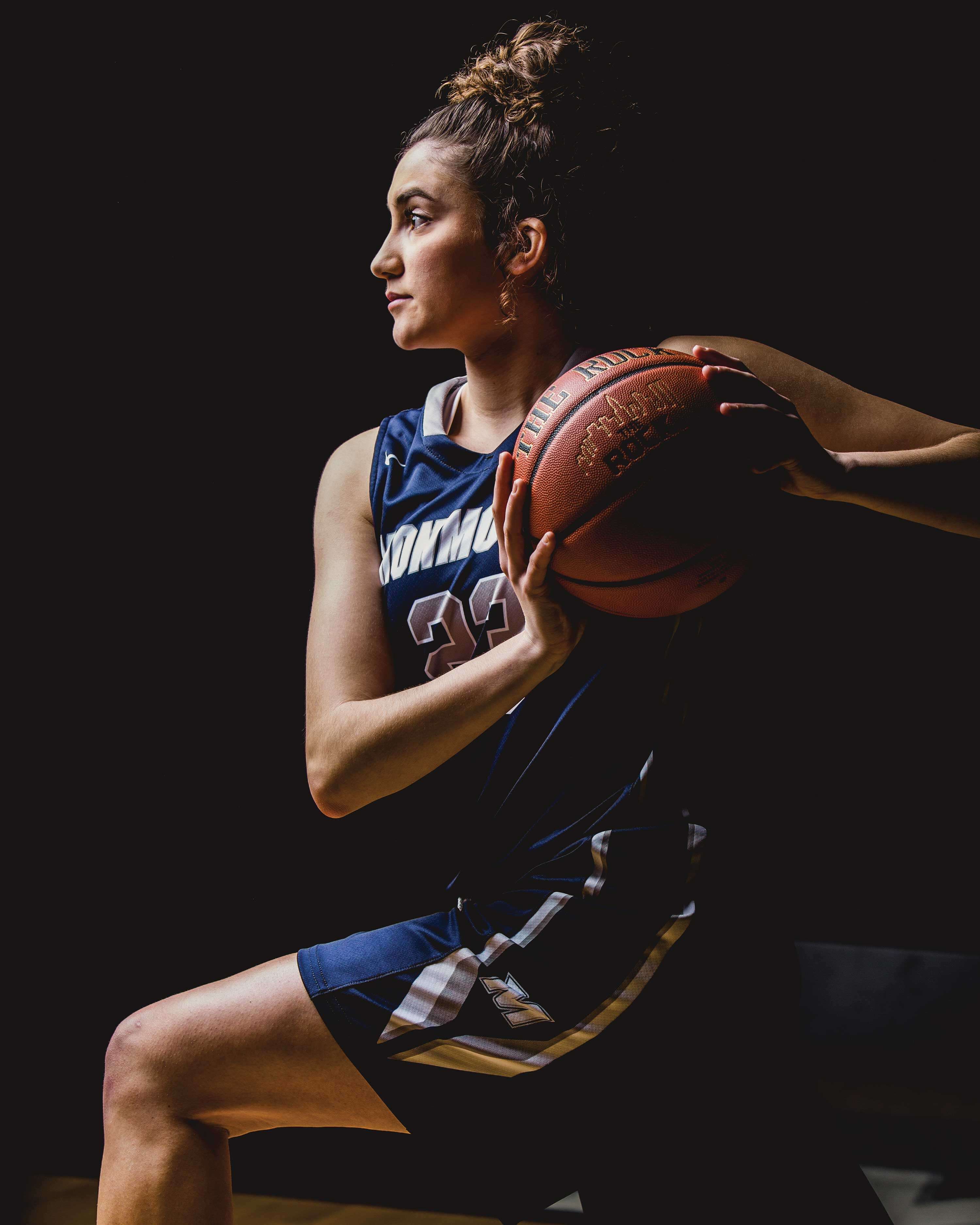
Driven
A freak injury saved Adriana Zelaya’s life. Now she wants to save others.
Adriana Zelaya didn’t want to go. She was in grade school then, a 9-year-old kid in Arizona on a school trip to the county fair, when one of her friends talked her into braving the house of mirrors. It took some convincing—“I don’t really even like fairs,” she says—but reluctantly, Zelaya agreed.
Inside, reaching out to feel her way through the disorienting maze, Zelaya smacked her hand against a mirror and accidentally elbowed herself in the stomach. For most kids, the result would have been a bruise and some temporary embarrassment. For Zelaya, something was different: She soon felt nauseous, and got sick on the bus ride home. Her parents took her to the ER, and before long she ended up in the hospital; no one had an answer. “They thought it was a hematoma,” Zelaya says, but her grandmother, a nurse, insisted there was something more serious going on. She was in and out of the hospital for the next month, on and off pain meds, and lost 20 pounds off her slender frame.
Finally, a second opinion from a new doctor revealed the source of Zelaya’s suffering: pancreatic cancer. “When I elbowed myself,” she says, “I actually ruptured the tumor.” She can laugh now at the absurdity of it: Had her best friend not dragged her into the fun house that day, the fast-moving cancer, so rare in children, might not have announced itself until much later. “It was a miracle,” she says. “If I’d waited a couple more months, it would have been too late.”
As it was, Zelaya was only beginning her ordeal. The tumor was so large—“bigger than a softball but smaller than a grapefruit,” she says—that a microscopic procedure was ruled out, leaving her with no choice but invasive surgery. Doctors took more than half her pancreas in the process, leaving her with a nearly five-inch scar above her belly button. After successful surgery, her prognosis was good—at least where her survival was concerned. “They weren’t sure I’d be able to run or even walk again,” she says. Basketball, a sport that ran in the family, that she’d played since she was old enough to pick up a ball, seemed out of the question.
In January, nearly nine years after she almost died, Zelaya took a hand-off at the top of the key and spotted up for a three pointer against Siena. Swish—her first points as a Division I college basketball player. Needless to say, the 6-foot-2-inch freshman forward has far exceeded those doctors’ expectations—and her own. “I never thought I’d be at Monmouth playing basketball on a full scholarship,” she says. “It’s definitely been a happy ending for me.”
Now she wants to help write other people’s happy endings. Inspired by her grandmother’s career and her own experience as a survivor, Zelaya is majoring in molecular biology, with plans to go into medical research. As young as she is, she says she’s still getting a sense of her potential career paths, “so I don’t know exactly what I want to do. But I do know the people I want to help.”